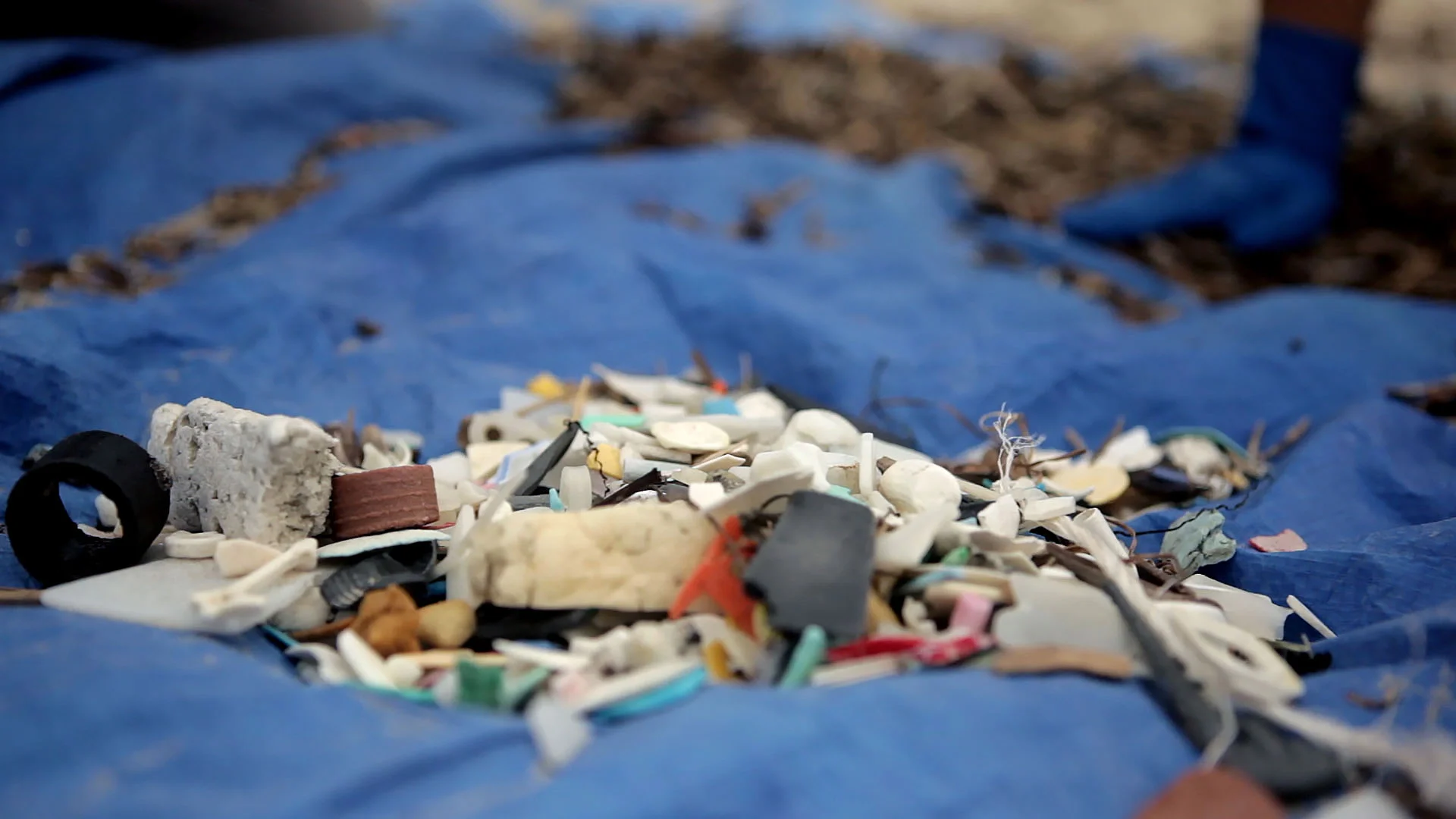Filtering a plastic ocean
Plastic in our oceans is a growing environmental threat and one of the lesser-known aspects of the problem are microplastics, tiny pieces of plastic that have been broken down in the ocean. Microplastics can be deadly to marine life such as seabirds and sea turtles, and can also have health consequences for people.
At North Shore we are passionate about the ocean and we jumped at the chance to make a pro-bono film about Marc Ward of Sea Turtles Forever. Marc is an activist and researcher who has invented a human-powered electrostatic screen that can remove microplastics from ocean beaches. In his native Oregon, many beaches are hit hard with heavy landfall of microplastics every winter.
Our short film, Filtering A Plastic Ocean, has helped Marc spread the word about his electrostatic screens and furthered their use around the world. The film premiered at the Wild and Scenic Film Festival in 2016. You can learn more about Marc’s work here.
“Your film really lit a fire under this movement, it has been the most important piece of the puzzle for getting the filtration going out on a global basis. About every day I get an inquiry from someone who saw your film from some far flung place that wants to join the movement or order an SCF screen. It is really amazing what a good film can do. Your work is making a big difference for the oceans, and the planet.”
- Marc Ward, Executive Director, Sea Turtles Forever
Project Details
Filmed at Crescent Beach, one of the most beautiful beaches on the Oregon Coast, and one of the hardest hit by microplastics.
Weight of microplastics it takes to kill a waterfowl: 7 grams.
Average amount of microplastics recovered in a day of beach filtration by a two person team: 25-40 lbs.
Awards & Festivals:
Official Selection, Wild & Scenic Film Festival
Audience Awards Film Festival, Ocean Challenge
Official Selection, Forecastle Festival




